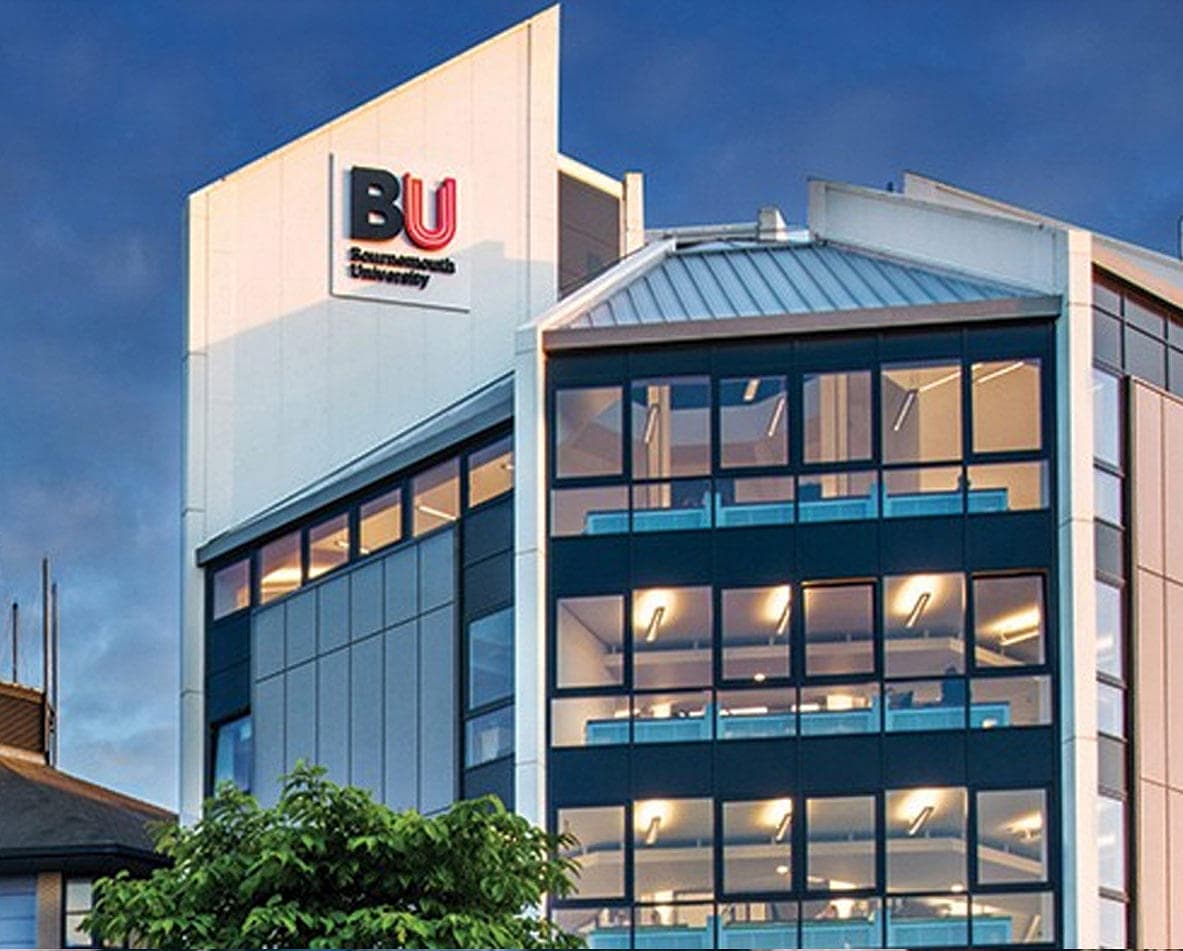Course details
On this course you will be taught by a range of staff with relevant expertise and knowledge appropriate to the content of the unit. This will include senior academic staff, qualified professional practitioners, demonstrators, technicians and research students. You will also benefit from regular guest lectures from industry.
Contact hours and assessment
Details of the assessment methods and contact hours for each unit of the course can be found in the programme specification.
Year 1
Core units
Engineering Design with Practice: This unit will enable you to apply key engineering tools, methodologies and strategies that are required to identify design constraints, mechanical systems and utilise analytical methods to establish an engineering design solution.
Engineering Principles A: You will develop the ability to apply a range of principles to the design of components, structures and machines and operation of mechanical systems.
Engineering Principles B: This unit will develop your application of mechanical engineering principles to generate and develop reliable solutions surrounding design and engineering problems.
Materials with Practice: This unit will provide you with the ability to identify, plan and apply skills that are necessary for the selection and specification of suitable materials and production techniques for design.
Electrical and Electronic Principles: You will be introduced to and develop an understanding of the principles required to design electrical and electronic systems within an engineering project.
Engineering Mathematics: This unit will enable you to extract and evaluate pertinent data and apply this to engineering analysis techniques in the solution of unfamiliar problems. You will gain a firm grounding in mathematical and statistical methods necessary within the engineering field.
Year 2
Core units
Manufacturing and Engineering Materials: In this unit you will develop not only understanding surrounding properties and uses of engineering materials but also the requirements of modern manufacturing for design and engineering applications.
Stress and Dynamics: You will develop a further working knowledge, understanding and application of an increased range of mechanical engineering principles relevant to the design of components, structures and machines.
Engineering Simulation: In this unit you will take part in engineering design practices and learn about new technologies for mechanical and electronic concepts. You'll become familiar with industry standard simulation technologies.
Fluids and Thermodynamics: This unit will provide you with knowledge on the principal laws and processes of engineering thermodynamics, fluid mechanics and dynamics, and also of fluids and thermodynamics equipment and processes, in order to solve real-world problems.
Management and Commercialisation: This unit will introduce students to key aspects of business and management that relate to the development and delivery of commercial value, and the issues facing business functions such as marketing, operations and finance.
Engineering Mathematics for Mechanical Systems Design: You will use mathematical and statistical methods to generate engineering solutions that meet all aspects of the problem including production, operation and maintenance. Additional experience will surround gaining proficiency in the modelling, analysis and design of mechanical systems.
Optional Placement Year
You will complete a minimum 30-week industrial work placement which can be carried out anywhere in the world. You'll get an opportunity to include a period of academic study during this time. The placement year offers a chance to gain experience and make contacts for the future.
First Year BEng
Engineering Project: You will develop an individual project which assesses your creative problem-solving skills in engineering design, combined with your mathematical modelling and analytical engineering skills.
Thermofluids and Energy Conversion: In this unit you will examine the relationship of heat transfer, types and the characteristics of thermofluids and refrigeration cycles, and develop solutions to a range of complex engineering processes and problems, involving heat, fluids and energy conversion.
Business Development: Approaches to strategic management and thinking will be examined to capitalise on your entrepreneurial spirit and business acumen.
Advanced Stress and Vibration: This unit will provide you with comprehensive knowledge entailing analytical design methods of structural components and structures. You will then apply this in the analysis and design of complex components and structures and predict their performance.
Computational Engineering: You will develop the ability to apply analytical methods efficiently and effectively in the analysis and design of complex components and structures, and predict their performance in service using both analytical and computer tools.
Final Year BEng
Group Project A: This unit will develop essential management skills required to lead a professional team towards a successful solution of a technical problem. You will also develop strategies for team building and conflict resolution on a holistic approach to management.
Project Management: This unit will provide you with knowledge and understanding of project management techniques required to achieve engineering and design objectives. There will be a focus on soft skills of people management within a project environment.
Group Project B: This will further develop the skills of the previous unit in terms of team management. You will work on advanced problem-solving skills by applying an integrated or systems approach to a complex engineering problem within a team, while maintaining a view of commercial and industrial constraints.
Structural Integrity: Within this unit you will be provided with an extensive understanding and application of structural integrity theories. This will facilitate you in developing professional competence and critical awareness in the selection of methods for designing and analysing structural components.
Materials Failure and Prevention: This unit will provide a firm understanding of the more common failures that materials encounter in service or during processing. You will develop a critical understanding of how design and manufacturing influence the susceptibility of materials to fail, and learn how to tackle a forensic engineering investigation.
Advanced Materials: In this unit you will gain expertise in a variety of analytical techniques for materials characterisation and their applications at the cutting edge of the field. You will gain knowledge around properties and performance of materials at nano level and the concept of self-healing in materials and how it can be used to increase the life of components.
